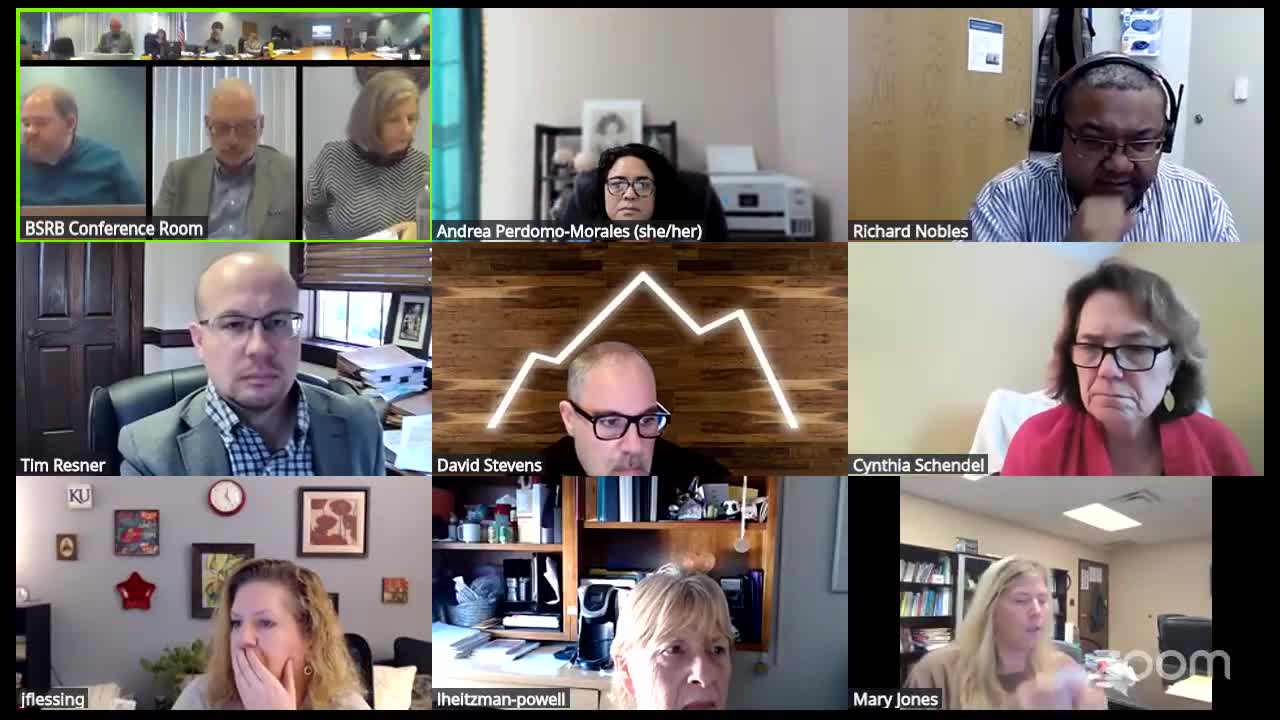KS Behavioral Sciences Board approves emergency rule requiring fingerprint-based background checks for new applicants
Get AI-powered insights, summaries, and transcripts
Subscribe
Summary
The Kansas Behavioral Sciences Regulatory Board approved an emergency regulation requiring fingerprint-based national background checks for new licensure applicants starting Jan. 1, 2026, and an opt-in path for current licensees to become eligible for multistate compacts.
The Kansas Behavioral Sciences Regulatory Board approved an emergency regulation package on Nov. 10 that will require fingerprint-based national background checks for all new original licensure applications beginning Jan. 1, 2026, and create an opt-in route for currently licensed practitioners who want to become eligible for multistate compacts.
Executive Director David Fye told the board that compact rules increasingly require criminal background checks and that the proposed emergency rule has three parts: require background checks for new applicants as of Jan. 1, 2026; provide an opt-in mechanism so current licensees can request a background check to qualify for a compact privilege or multistate license; and include the fee-language needed to process checks. "We would allow individuals to seek a background check as an opt in if they're already licensed," Fye said during the discussion. He also said the fingerprint-based check would be national, include federal checks, and is typically run by the Kansas Bureau of Investigation through local fingerprinting sites.
Board members asked how results would be used. Fye said that for original applicants a background finding could require a two-thirds board vote to approve licensure; for current licensees a reported concern would prompt an investigation and board review to determine whether the person "still merit[s] the public trust". The board discussed practical logistics: fingerprinting locations, a typical vendor fee in the $53–$57 range, and staff training with KBI on how to receive and view results.
Members also discussed compact-specific mechanics. For some compacts (for example, the social work multistate compact), states issue the multistate license and therefore the state would verify that a candidate met background-check requirements before issuing the multistate credential; under other compacts, commissions or different models may apply.
After discussion, a member moved and a second was recorded; the board voted by voice to submit the emergency regulation and related fee language for expedited review. Chair Dave said the motion carried. Fye said the emergency regulation can be placed into effect for up to three months while a permanent regulation is developed and will be followed by standard permanent-rulemaking proceedings.
Next steps: staff will draft emergency-rule language for review by Department of Administration and the Attorney General's office, coordinate KBI processes and portal access for results, and proceed to permanent regulation. The board also agreed to bundle related fee changes (previously discussed) with the emergency filing to simplify implementation.
The board meeting packet and the recorded meeting are available on the BSRB website; staff said the permanent regulation will follow the emergency rule within the statutory timeframe.
